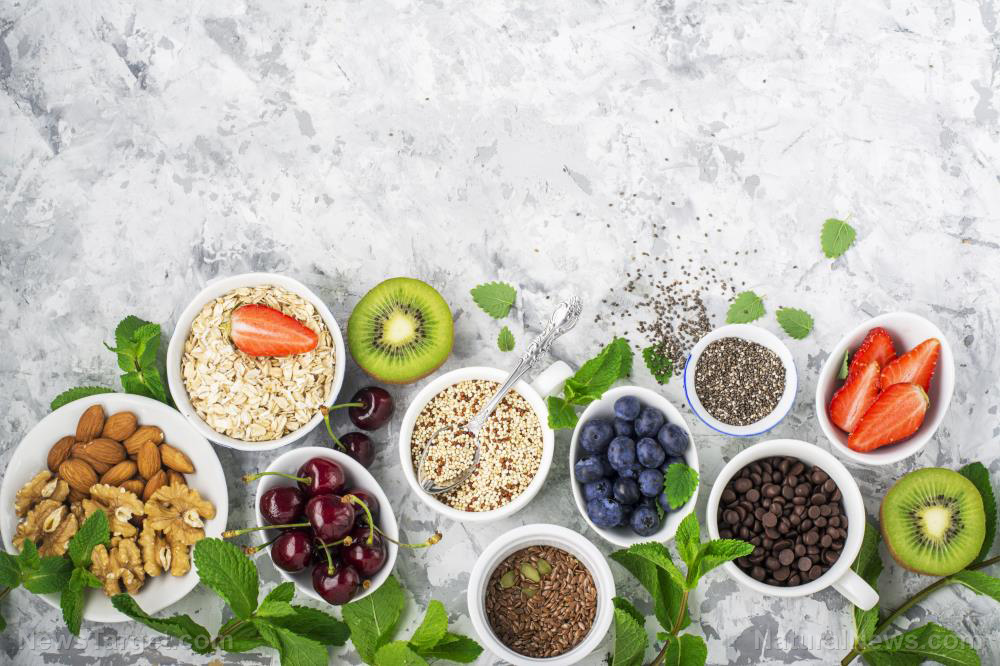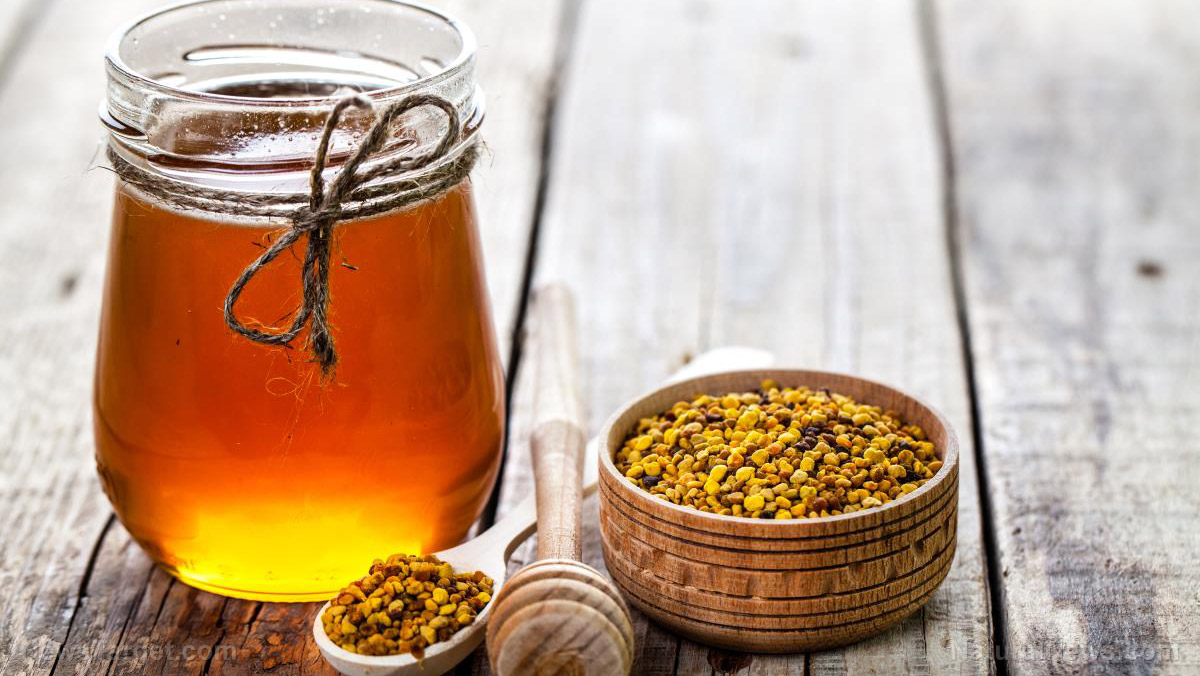Promote bone health and lower osteoporosis risk by incorporating these essential nutrients and minerals into your diet
10/29/2020 / By Virgilio Marin

While losing bone mass is part of the aging process, some people lose too much bone mass or do not replace lost bone mass fast enough. This condition is called osteoporosis, and it’s more common in postmenopausal women but can also affect older men.
Osteoporosis is considered a silent disease because bone loss occurs without any symptoms. You may not know you have the condition until you’ve broken a bone. Fortunately, the following essential nutrients and minerals can help keep your bones healthy: (h/t to NaturalHealth365.com)
Vitamin C
Studies link higher levels of vitamin C in the body to greater bone density. This can be attributed to a couple of factors. For one, vitamin C is important for the production of collagen, a vital component of the bones. In addition, vitamin C is an antioxidant that can also protect against oxidative stress. Oxidative stress can disrupt bone remodeling, the process where old bone tissues get destroyed and replaced by new ones.
The body does not produce vitamin C, so it’s important to eat more foods rich in the vitamin, such as citrus fruits, kiwi, strawberries and bell peppers. You can also take vitamin C supplements in combination with these foods.
Calcium
Calcium is essential for bone building and maintaining bone mass. Bones contain 99 percent of the body’s stores of calcium. However, insufficient calcium levels force your body to take calcium from your bones, weakening your bones and contributing to osteoporosis.
As the body does not produce calcium, you need to eat more calcium-rich foods such as dairy, leafy greens and sardines. Take calcium supplements to boost your intake.
Vitamin D
Vitamin D helps keep your bones and muscles strong. Without enough Vitamin D, your body cannot effectively absorb calcium, increasing your risk of osteoporosis.
The body produces vitamin D when sufficiently exposed to sunlight. However, supplementation may be necessary if you live in an area that doesn’t receive enough sunlight or if you’re using sunscreen. Make sure you’re getting enough vitamin D by eating foods like fatty fish, mushroom and egg yolk. If you’re taking supplements, be sure to take vitamin D3 as this is the recommended form of the nutrient.
Boron
Boron plays a role in extending the half-life of vitamin D and estrogen, a hormone that protects against bone loss. The half-life of a substance refers to how long it takes for the substance to break down to half its starting amount. A longer half-life means the substance works in the body longer. (Related: Boron, a trace mineral, found to be a potent cancer-preventing substance.)
Boost your dietary intake of boron by eating organic nuts, beans, avocados and whole grains and by taking multivitamins that contain boron.
Magnesium
Magnesium influences the types of cells needed for bone growth and repair. Studies have also found positive associations between magnesium intake and bone mineral density in men and women.
Boost your intake of magnesium by taking supplements and adding dark leafy greens, nuts, chocolate and pumpkin seeds to your diet.
Vitamin K2
Vitamin K2 helps increase bone density by directing calcium to the bones and teeth. Research also shows that vitamin K2 is potentially synergistic with vitamin D3. This means each nutrient enhances the beneficial effects of the other. One study found that K2 and D3 supplementation increased vertebral bone mass in postmenopausal women.
Increase your intake of vitamin K2 with supplements and foods like liver, egg yolk and natto.
Osteoporosis is a debilitating and silent disease that can sneak up on you and make you prone to fracturing a bone. Lower your osteoporosis risk by incorporating these essential nutrients and minerals into your diet.
AgingSecrets.news has more on the prevention of osteoporosis.
Sources include:
Submit a correction >>
Tagged Under:
This article may contain statements that reflect the opinion of the author
RECENT NEWS & ARTICLES
COPYRIGHT © 2017 SUPER FOODS NEWS





















